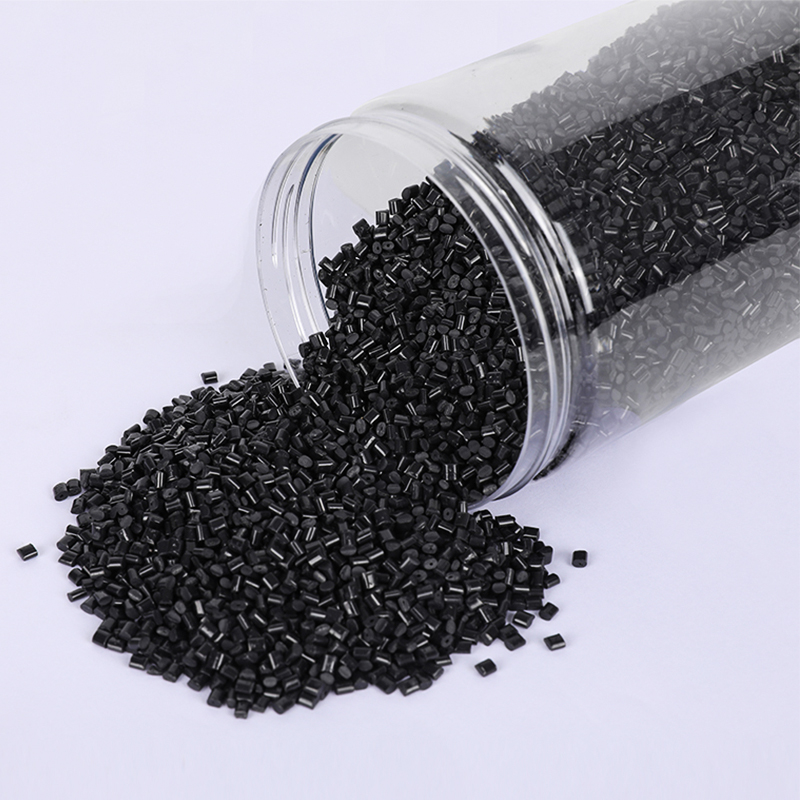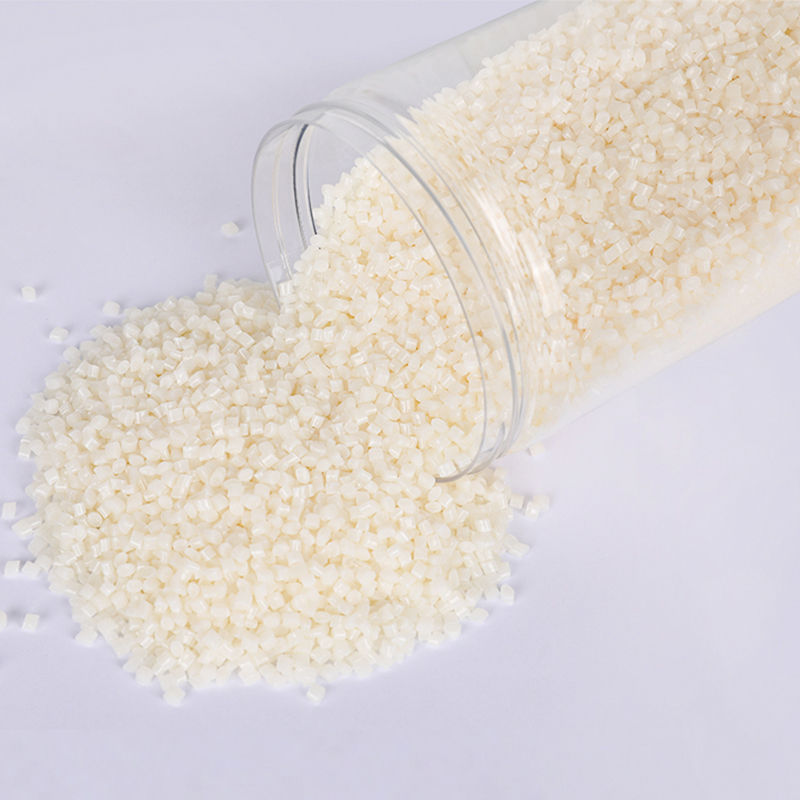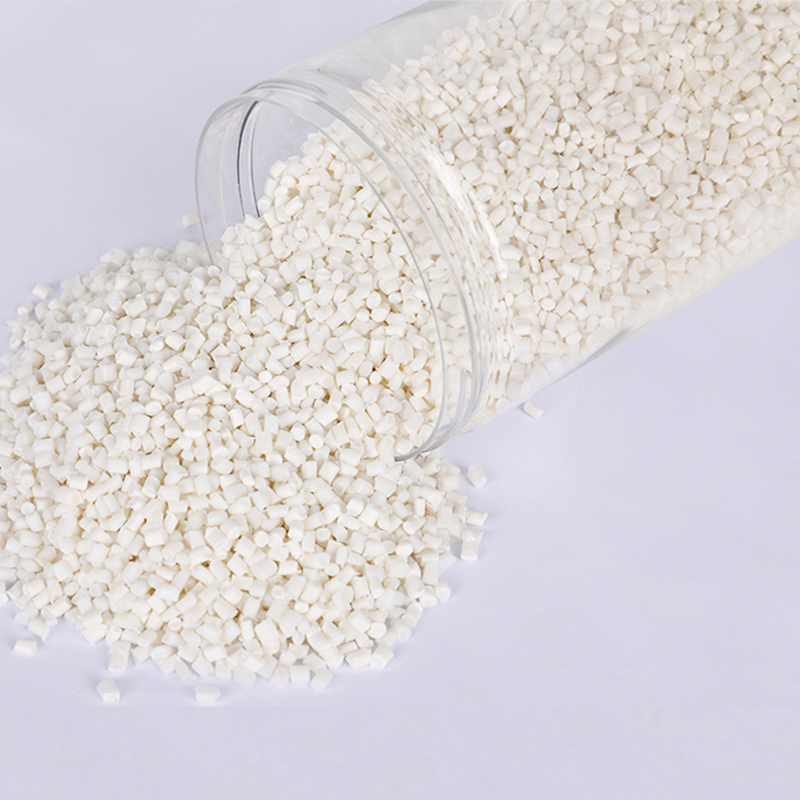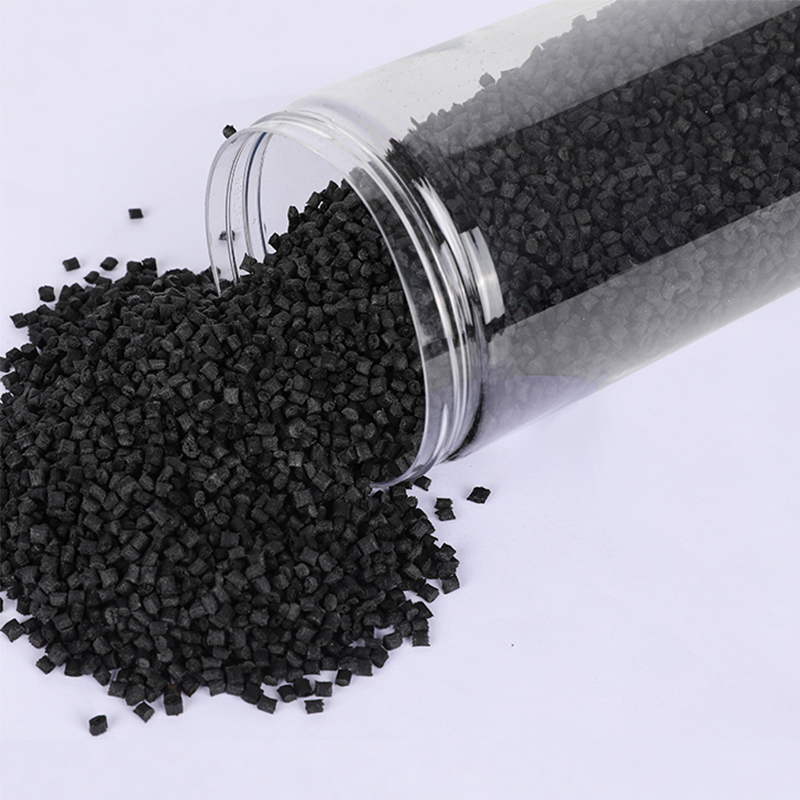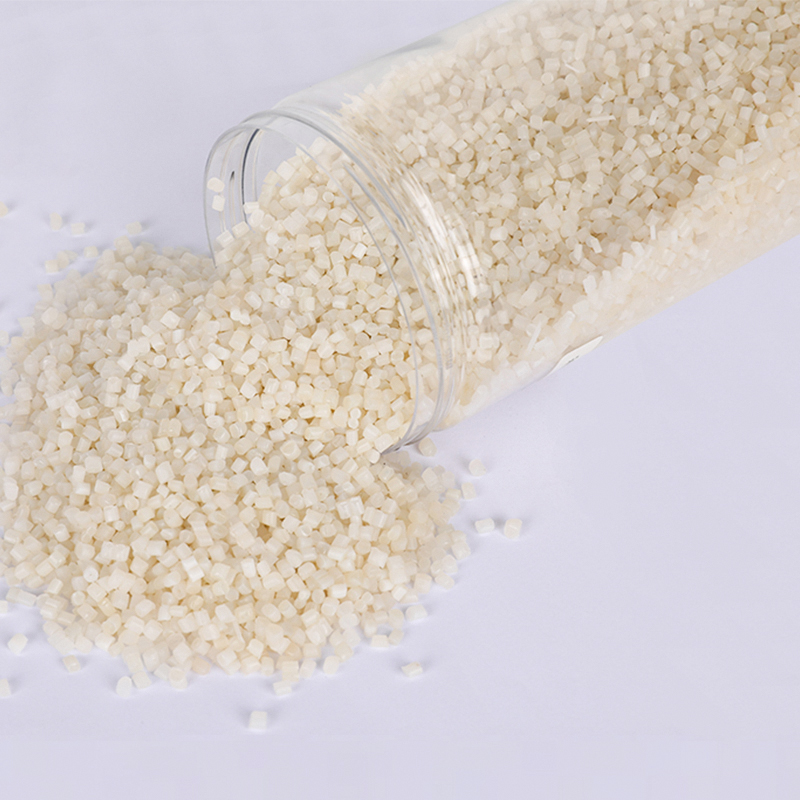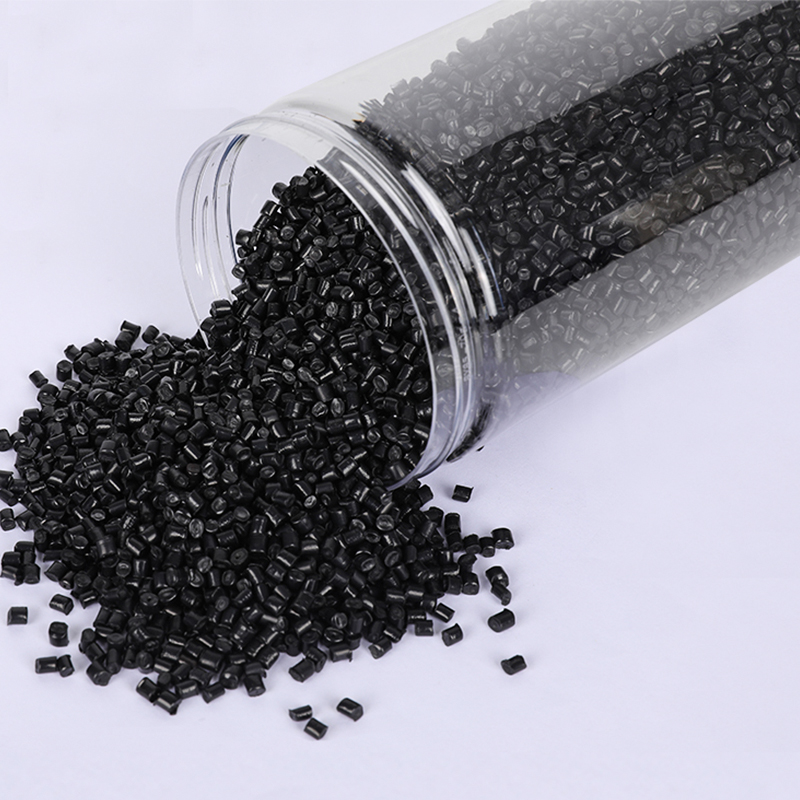Stay up to date with our recent products
Web Menu
Product Search
Exit Menu
PCR Recycled PA Plastic Polyamide Granules: Revolutionizing the Circular Economy
Introduction
The demand for sustainable solutions in the plastics industry has never been more critical. As the global environmental challenges intensify, industries are turning towards innovative alternatives to reduce waste and enhance sustainability. One such innovation is the use of PCR (Post-Consumer Recycled) materials in plastic production. PCR Recycled PA (Polyamide) Granules have emerged as an important product, offering both environmental benefits and performance features that can rival virgin plastics. In this article, we will explore the composition, benefits, and applications of PCR recycled PA plastic polyamide granules, and their role in advancing a circular economy.
What is PCR Recycled PA Plastic Polyamide Granules?
Polyamide (PA), commonly known as nylon, is a high-performance thermoplastic used across various industries, including automotive, textiles, and electronics. PCR Recycled PA refers to polyamide granules derived from post-consumer recycled plastics, which are processed and transformed into reusable polymer materials.
These granules are made from used products such as plastic packaging, consumer goods, and other end-of-life products that contain polyamide. By using PCR materials, manufacturers can reduce the need for virgin resources, reduce energy consumption, and cut down on plastic waste in landfills.
Key Benefits of PCR Recycled PA Plastic Granules
Environmental Impact Reduction
One of the most significant advantages of PCR recycled PA granules is their positive impact on the environment. By utilizing post-consumer plastic waste, the amount of virgin plastic required for production decreases, thereby lowering carbon emissions, reducing oil consumption, and conserving natural resources. The use of recycled PA also reduces landfill waste and mitigates the harmful effects of plastic pollution in oceans and other ecosystems.
Energy Efficiency
The manufacturing process of recycled PA granules requires less energy than the production of virgin polyamide. This energy saving is a crucial factor in reducing the carbon footprint of the plastic industry and contributing to global sustainability efforts.
Cost-Effective
PCR recycled polyamide granules are typically less expensive than their virgin counterparts. This is because recycled materials are more affordable to produce, and manufacturers can pass on the cost savings to consumers. This creates a significant incentive for industries looking to cut production costs while still maintaining high-performance standards.
High-Quality and Performance
Despite being derived from recycled materials, PCR PA granules can offer similar or even superior performance compared to virgin polyamide. They maintain excellent mechanical properties, including high strength, stiffness, and wear resistance, which are crucial for a wide range of industrial applications. Recycled PA granules are also known for their durability, high-temperature resistance, and low moisture absorption, making them an excellent choice for demanding applications.
Supporting Circular Economy
PCR Recycled PA granules play a vital role in the circular economy model by creating a closed-loop system. Through the recycling of plastics and their reuse in new products, manufacturers can keep materials in circulation for longer periods, minimizing waste and reducing the need for new raw materials.
Applications of PCR Recycled PA Plastic Polyamide Granules
PCR Recycled PA granules are used in several industries and applications, including:
Automotive Industry
The automotive industry has been a significant adopter of PCR recycled polyamide due to its performance characteristics such as high impact strength, chemical resistance, and dimensional stability. Components such as automotive bumpers, engine covers, and interior panels are often made from recycled PA granules, helping reduce the industry’s environmental footprint.
Textiles and Apparel
Recycled PA is increasingly used in the textile industry to produce eco-friendly fabrics. PCR Recycled PA granules are spun into fibers for clothing, upholstery, and even industrial textiles. The fashion industry, under growing pressure to reduce its environmental impact, is now looking to incorporate more sustainable materials like recycled PA into their collections.
Electronics
Polyamide is widely used in electronics for manufacturing durable connectors, housings, and cable insulation. By utilizing PCR recycled PA, electronic manufacturers can reduce their dependence on virgin materials while still maintaining the high-performance standards required for these critical components.
Consumer Goods
PCR recycled PA is also found in various consumer goods such as kitchenware, home appliances, and packaging. Recycled polyamide granules offer an ideal balance of performance, durability, and sustainability, making them suitable for everyday household products.
Industrial Applications
In the industrial sector, PCR recycled PA is used for producing heavy-duty machinery parts, gears, bearings, and other engineering plastics. Its strength, chemical resistance, and durability make it an ideal material for high-performance applications.
Challenges and Solutions in PCR Recycled PA Production
While the use of PCR recycled PA granules presents several benefits, it also comes with challenges that need to be addressed to improve its adoption:
Quality Variability: Since PCR materials come from different sources, the quality of recycled PA granules can vary. This can lead to inconsistencies in product performance. To overcome this, manufacturers are implementing advanced sorting, cleaning, and processing techniques to ensure the consistent quality of the final product.
Processing Difficulty: Recycled PA materials may have different melting points and flow properties than virgin polyamide, which can complicate the processing. However, innovations in the recycling process and better additives are being developed to improve the compatibility of recycled PA in manufacturing.
Limited Availability: While the demand for PCR materials is growing, there is still a limited supply of high-quality recycled polyamide available on the market. This supply gap can make it challenging for industries to adopt recycled PA at scale. The solution lies in expanding collection programs, improving recycling infrastructure, and encouraging higher rates of plastic recycling.
Conclusion: The Future of PCR Recycled PA Granules
The transition to sustainable plastics is a necessary step in mitigating the negative environmental impact of plastic production. PCR Recycled PA Plastic Polyamide Granules represent a promising solution in this journey, offering a way to reduce waste, conserve resources, and lower carbon emissions without compromising product performance. As the demand for eco-friendly materials grows, we can expect PCR recycled PA to play an increasingly important role in various industries, helping to build a more sustainable future
As China PCR Recycled Plastic Granules Factory, We always adhere to the experience and philosophy of "keeping up with the times, constantly innovating, developing efficiently, and cooperating for mutual benefit"

Address: No.11, Wangzhuang Section, Provincial Road 01, Daqiao New Area, Economic Development Zone, Haiyan County, Jiaxing City, Zhejiang Province, China
Phone: +86-18058285678
Fax: +86-0573-86868101
E-mail: [email protected]
SUNRISE GROUP(Overseas Exclusive Agent)
www.sunrisechemical.com
2024 ICIS Global Chemical Distributor Top 8
Export Sales Manager:Helen Zhang
Mob/Whatsapp: +86 19883063465
Email: [email protected]
Copyright © Jiaxing Anyiju Plastic Industry Co., Ltd. All Rights Reserved

 简体中文
简体中文 English
English

